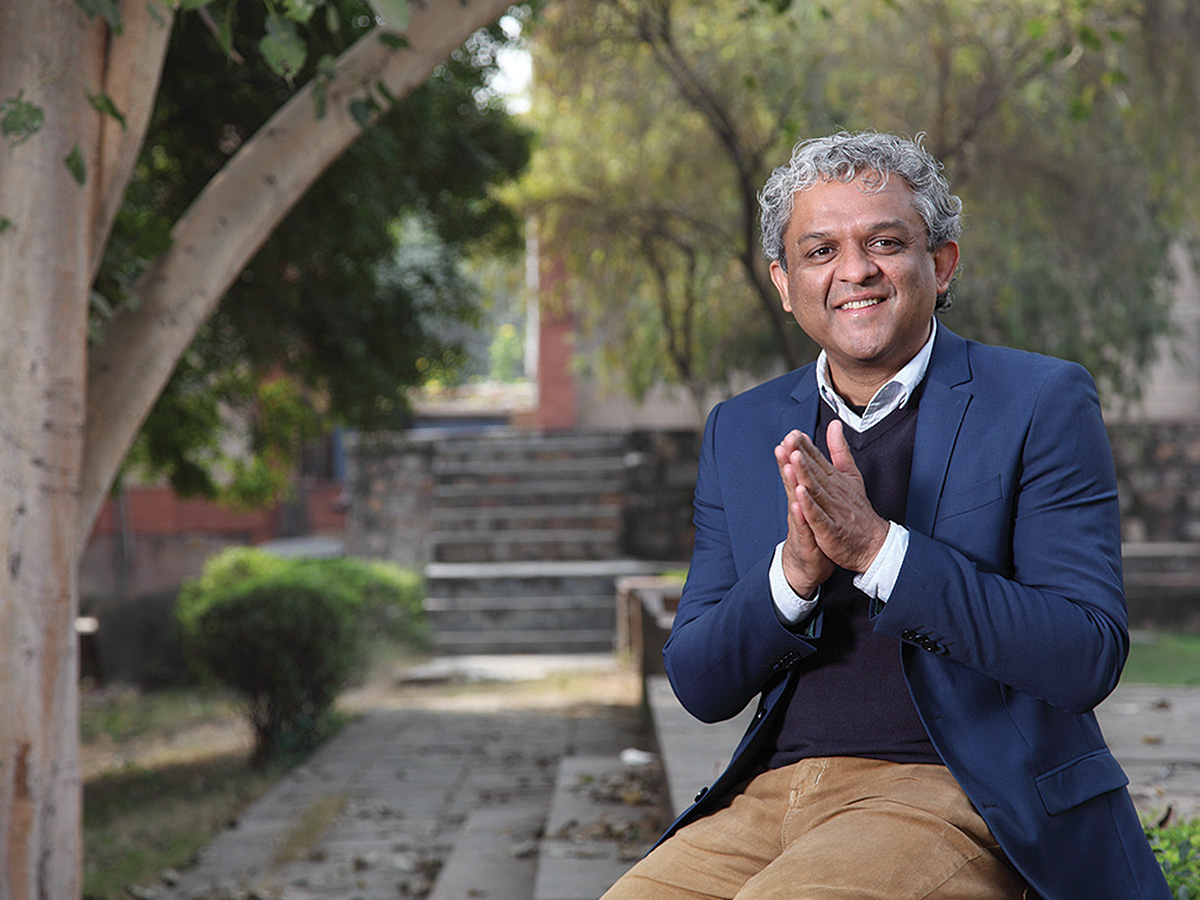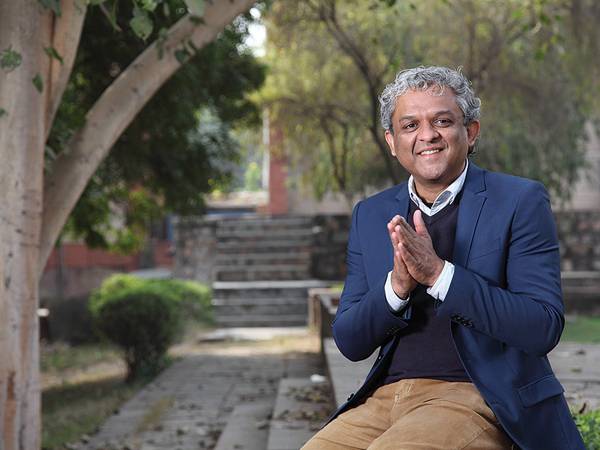The Infosys Prize in Life Sciences is awarded to Dr. Amit Sharma for his pioneering contributions towards deciphering the molecular structure, at the atomic level, of key proteins involved in the biology of pathogenesis of the malarial parasite.
Infographic:
Battling Malaria and Staying Ahead of Evolution
Scope and Impact of Work
Dr. Sharma’s laboratory has published a series of high profile papers, which highlight the structural features of numerous malaria parasite proteins. This information is now being utilized for structure-based inhibitors discovery of small molecule agents that may serve as potential inhibitors of malaria parasites.
Sharma’s laboratory has also made key contributions to parasite bioinformatics. His studies have provided glimpses of specific motifs potentially involved in protein-protein interaction networks within the parasite. He also provided startling analysis of the unusual amino acid composition of Plasmodium falciparum proteins.
Insights from studies on protein synthesis enzymes called tRNA synthetases, that are critical for charging tRNAs with the correct amino acid for incorporation into growing polypeptides, has revealed that blocking these enzymes inhibits cell growth and hence can be used to kill parasites. Blocking the charging of amino acids by tRNA synthetases inhibits cell growth.
The exciting feature of Sharma’s studies is that he is increasingly working on structure determinations of P. falciparum tRNA synthetases in complex with inhibitors. These investigations have included inhibitors of prolyl tRNA synthetase, lysyl tRNA synthetase and methionyl tRNA synthetase using natural products like febrifugine and cladosporin.
Of considerable excitement internationally is a series of structures from malaria parasite proteins that provide a valuable platform with multiple avenues for arriving at compounds with improved properties, such as better selectivity and improved bioavailability, while maintaining affinity.
Sharma’s choice of biological problems provides a tight link between basic and applied research, and each of the molecules he has published on are targets for inhibition of the parasite lifecycle.
Bio
Dr. Amit Sharma is a structural biologist who is currently Head, Structural and Computational Biology Group at the International Center for Genetic Engineering and Biotechnology (ICGEB), New Delhi. He obtained his doctoral degree in 1995 from Northwestern University, Evanston, USA, in the area of Protein Crystallography. From 1996-2000 he was a junior research fellow at Oxford University, UK in the area of structural biology. He joined ICGEB, as a Wellcome Trust International Senior Research Fellow and rose to the rank of group leader. His work has been recognized with many accolades and awards that include the Shanti Swarup Bhatnagar Award in Biological Sciences, B M Birla Science Prize and election to all three premier Indian science academies.
Timeline
Jury Citation
Prof. Ganeri brings to the study of Indian Philosophy both an acute form of rigor derived from his training first in Mathematics and then in Analytic Philosophy, and a tremendous range of work, spanning the fields of logic, the semantics of natural language, epistemology, metaphysics, philosophy of psychology, ethics, and in recent years, even political philosophy.
Of the many classical philosophical traditions in the world, Indian Philosophy stands shoulder to shoulder with the Greek and Chinese traditions in its richness, and Ganeri is the most productive and penetrating scholar and interpreter of analytical Indian Philosophy today. He has explored with great skill a variety of non-classical logics and has written scholarly papers of considerable brilliance on Jaina Logic, Informal Logic, the ‘Indian syllogism’, and the Nava Nyaya logical theory. He currently holds a professorial position with the title Global Network Professor of Philosophy within New York University.
"I am impressed that Dr. Sharma is applying the powerful method of protein crystallography to unravel crucial aspects of malaria biology down to the atomic level. His work is at the confluence of basic and applied life sciences and there are numerous indications of his high national and international standing, and his far‐reaching initiatives to science education in India".




